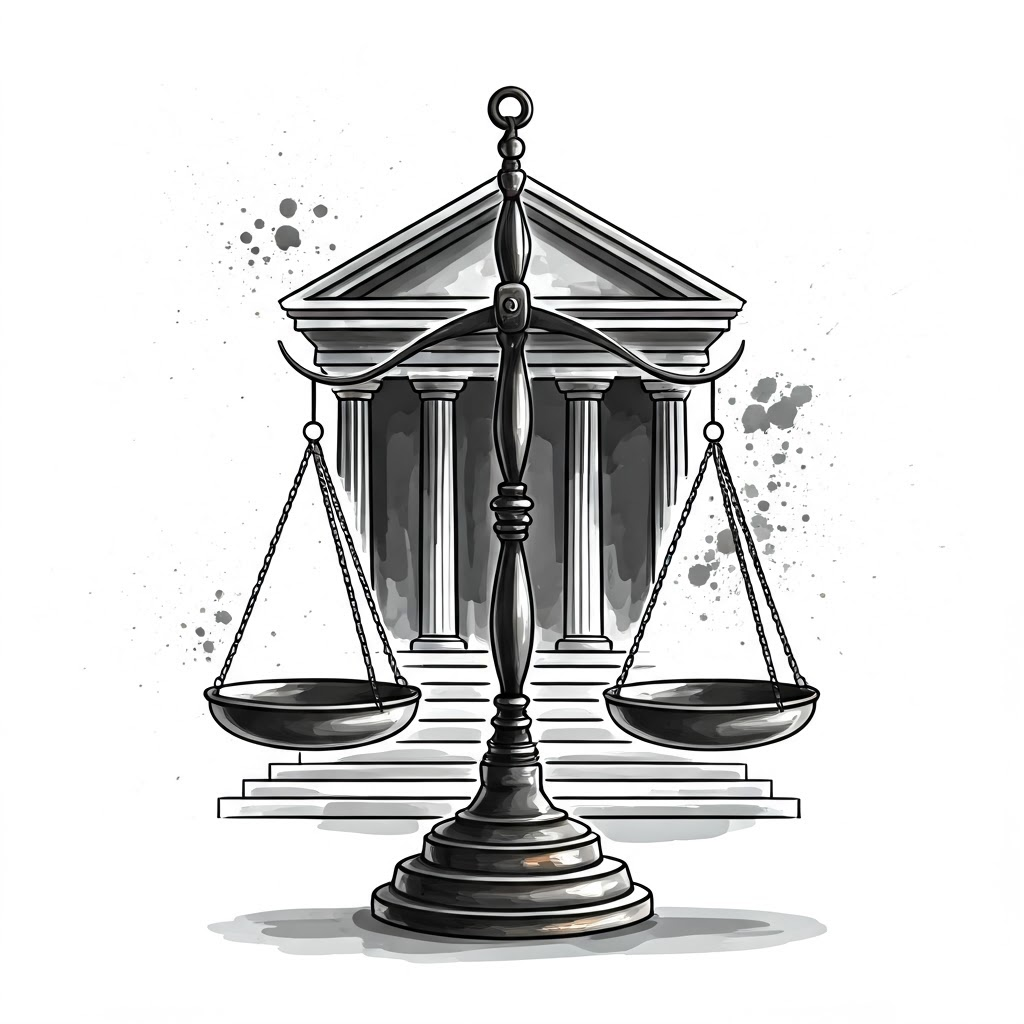The United States of America is considering cutting aid to Nigeria following the presidential pardon granted to former Bayelsa State Governor, Diepreye Alamieyeseigha, and seven others. Nigeria is a major recipient of U.S. aid in Africa, receiving approximately $226 million in development aid last year and expecting $600 million this year.
Alamieyeseigha was convicted of corruption before being pardoned on Tuesday by the National Council of State after a meeting in Abuja.
U.S. Expresses Disappointment:
The U.S. government has expressed deep disappointment over the pardons, viewing the move as a setback for Nigeria’s anti-corruption efforts.
State Department spokeswoman Victoria Nuland, quoted by U.S. newspaper *The Hill*, stated:
“The United States government is deeply disappointed over the recent pardons of corrupt officials by the Nigerian government. We see this as a setback for the fight against corruption and also for our ability to play the strong role we’ve played in supporting rule of law and legal institution building in Nigeria, which is very important for the future of the country, obviously.”
Nuland indicated that the pardons could lead to a reevaluation of U.S. aid to Nigeria, stating that the action casts doubt on the collaborative anti-corruption efforts between the two countries.
“We have made clear to the Nigerians that this puts a question mark on the kinds of work that we’ve been trying to do with them. We haven’t yet taken the kinds of steps that you’re suggesting, but we’re continuing to look at what’s appropriate.”
The U.S. Embassy in Abuja also condemned the pardon via its Twitter handle @USEmbassy, calling it a “setback in the fight against corruption.”
Aid Figures:
Nigeria was slated to receive $660.5 million in the U.S. 2012 budget, the largest amount for any sub-Saharan country except Ethiopia.
Nigerian Government Defends Action:
President Goodluck Jonathan’s aides have defended the government’s decision, dismissing criticism as uninformed. Dr. Reuben Abati, Special Adviser to the President on Media and Publicity, stated on Channels Television’s *Sunrise Daily* that the negative commentary stemmed from “ignorance” about the nature of a state pardon.
“There has been a lot of ignorance about what has happened, and sophisticated ignorance. But I respect the fact that part of our responsibility is to explain to people. The first thing to note is what a state pardon is not. One, a state pardon does not mean that an individual was not convicted at a particular time; in fact, state pardon means that you have been convicted for a particular crime and you have been punished.”
Abati emphasized that a pardon does not negate the conviction but rather signifies that the individual has served their punishment.
The controversy surrounding the pardons highlights the ongoing challenges in combating corruption in Nigeria and the potential impact on its international relations.




